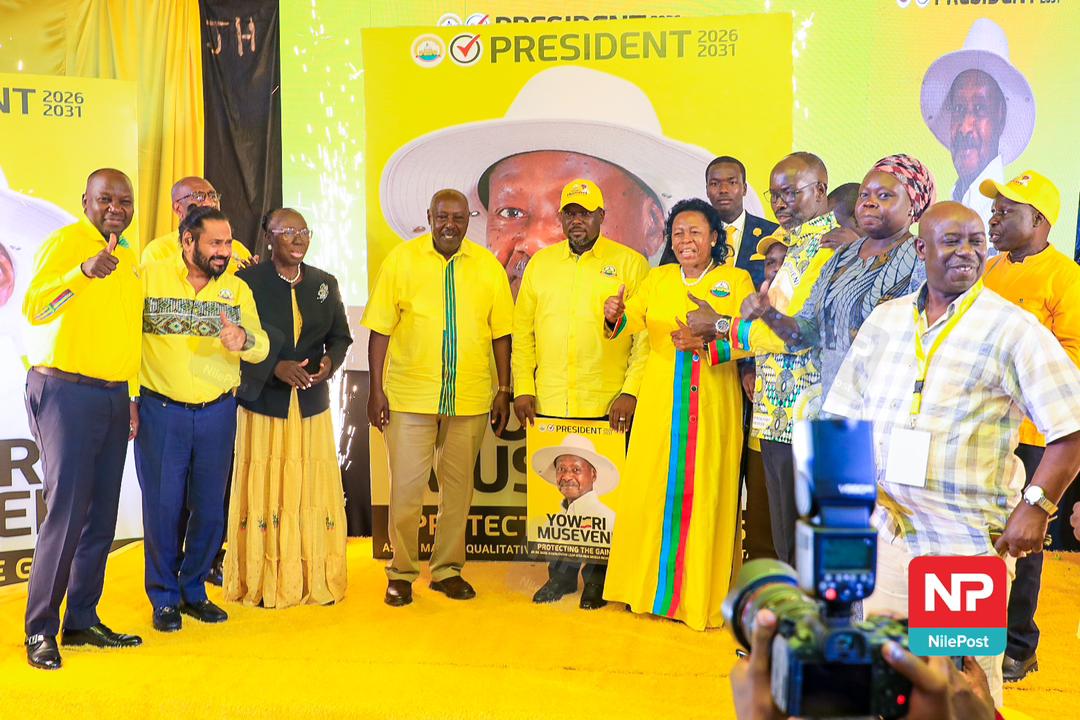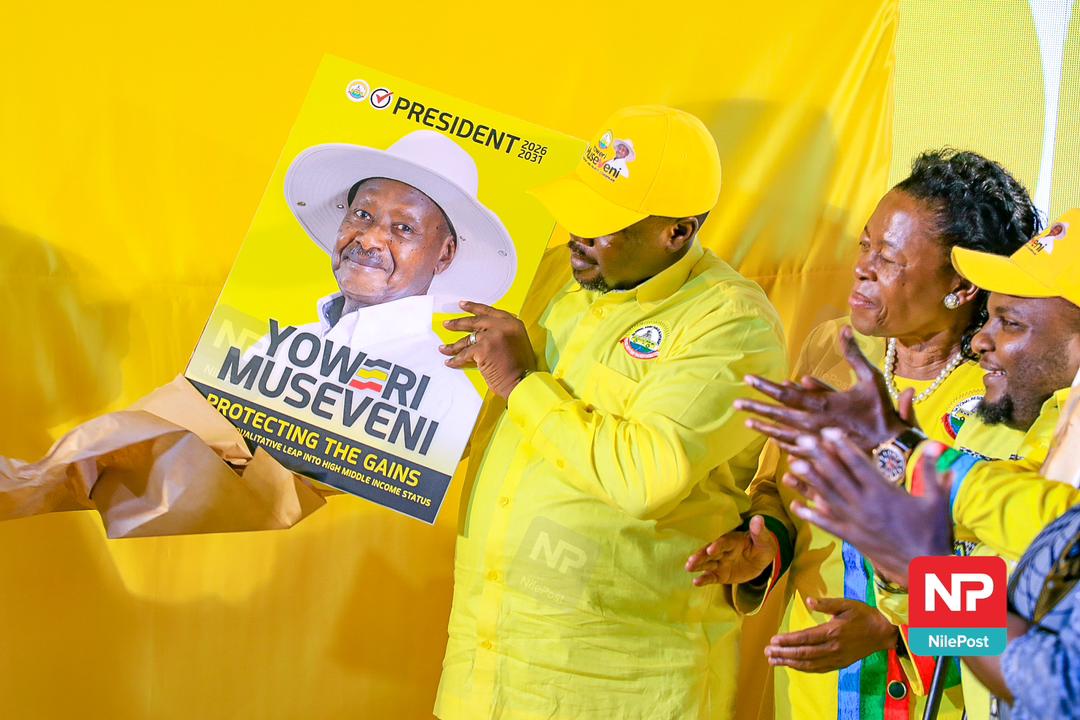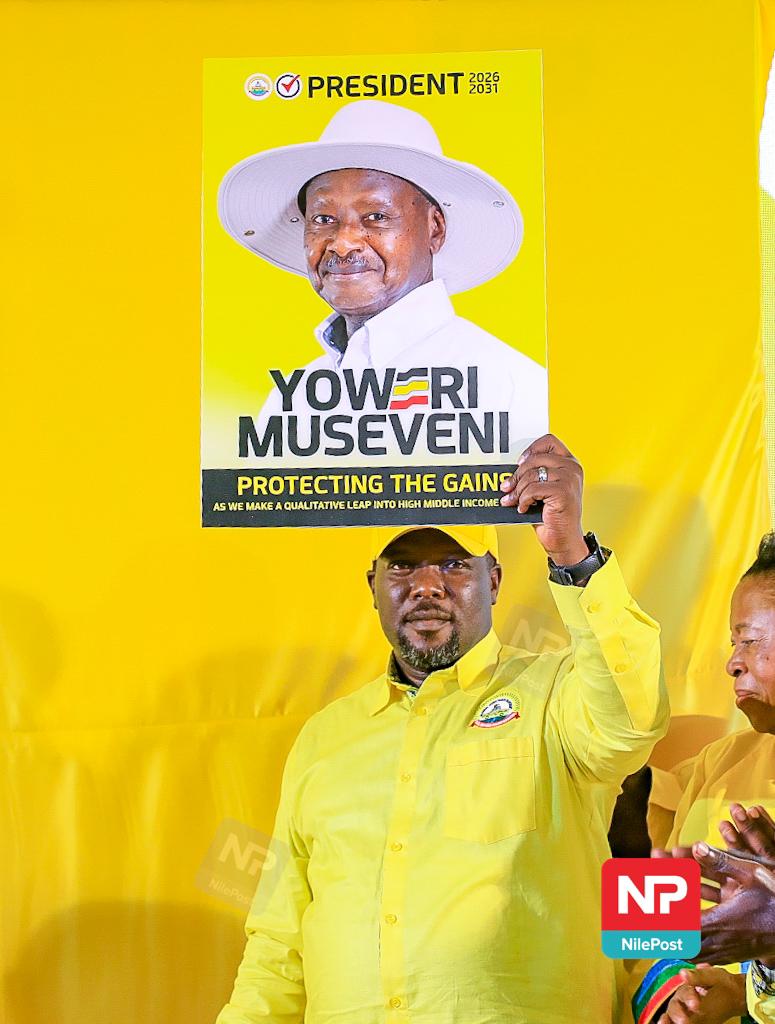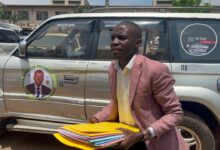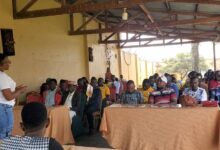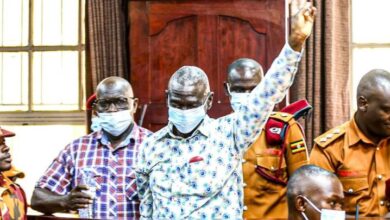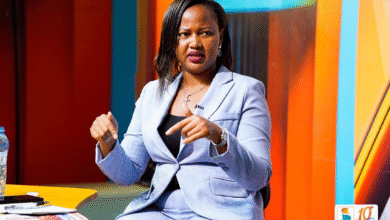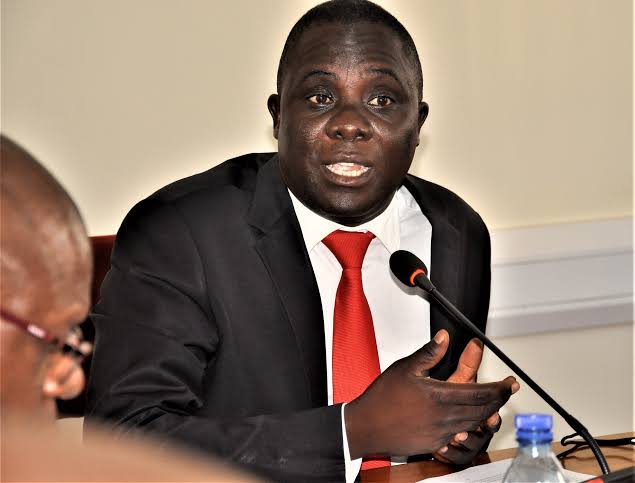PHOTOS: Museveni Launches 2026 Campaign Poster
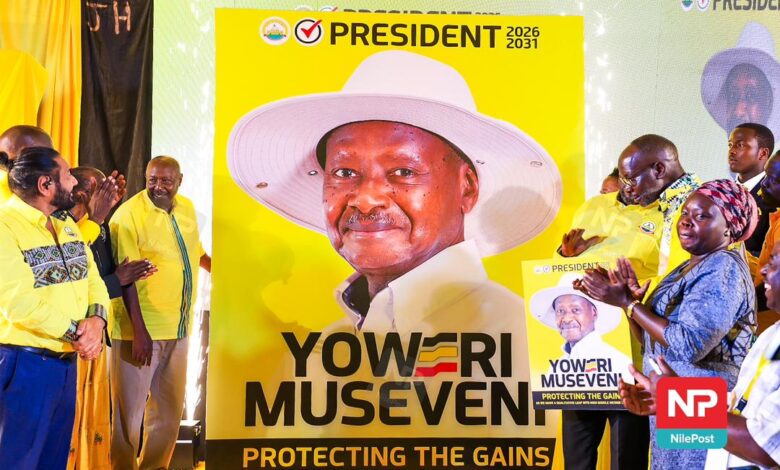
The National Resistance Movement (NRM) party, led by First National Vice Chairperson Al-Hajj Moses Kigongo and party Secretary-General Richard Todwong, has officially unveiled the party’s presidential candidate official portrait for the 2026 General Elections.
The NRM officially unveiled President Yoweri Kaguta Museveni as its presidential candidate for the 2026 General Elections.
The launch, marked by the display of Museveni’s campaign portrait, was presided over by the NRM’s First National Vice Chairperson Al-Hajj Moses Kigongo and party Secretary-General Richard Todwong, signaling the start of the party’s preparations for the forthcoming elections.
Museveni, who has been at the helm of Uganda’s politics for nearly four and a half decades, first entered the political fray in the 1980 general elections as a scrawny young politician who had only recently founded the Uganda Patriotic Movement (UPM) after parting ways with the Democratic Party.
He ran for a Mbarara North parliamentary seat under but was defeated amid widespread allegations of electoral malpractice, particularly by the regime of Milton Obote.
This early setback became a turning point, propelling Museveni toward armed struggle and ultimately shaping his revolutionary ideals.
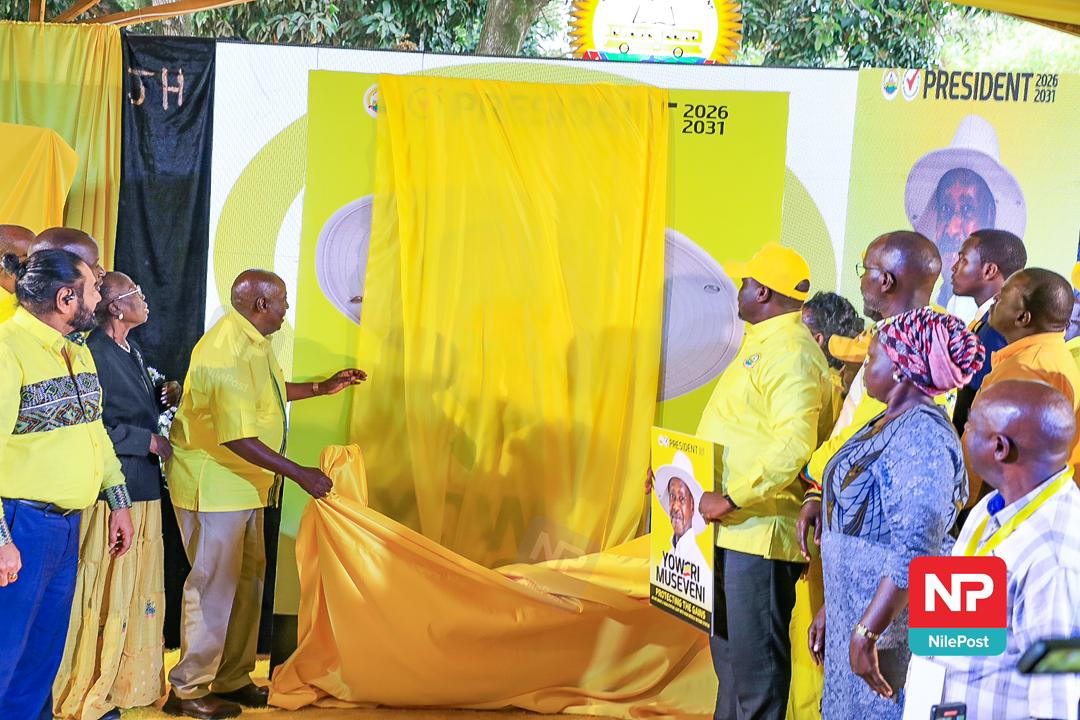
Following years of political upheaval and insurgency, Museveni’s National Resistance Army (NRA) successfully seized power in 1986, ushering in a period of relative stability and laying the foundations for the NRM’s political dominance.
His early administration emphasized the principles of democracy, decentralization, and economic revitalization, aiming to rebuild a nation long plagued by civil strife.
Museveni transitioned from rebel leader to elected president in 1996, contesting and winning the first direct presidential elections since taking power.
His main opponents included Paul Ssemogerere of the Democratic Party and others who challenged his vision for national recovery. He secured re-election in 2001, defeating opposition figures such as Kizza Besigye, who would later become his most persistent challenger.
The 2006 elections saw Museveni again prevailing over Besigye, amid debates over constitutional amendments and term limits, cementing the NRM’s control over the political landscape.
In 2011, Museveni faced Besigye for a third time, while other candidates like Norbert Mao and Olara Otunnu also contested. Museveni’s campaign focused on infrastructure development, poverty reduction, and regional security, resonating with many Ugandans and ensuring his re-election.
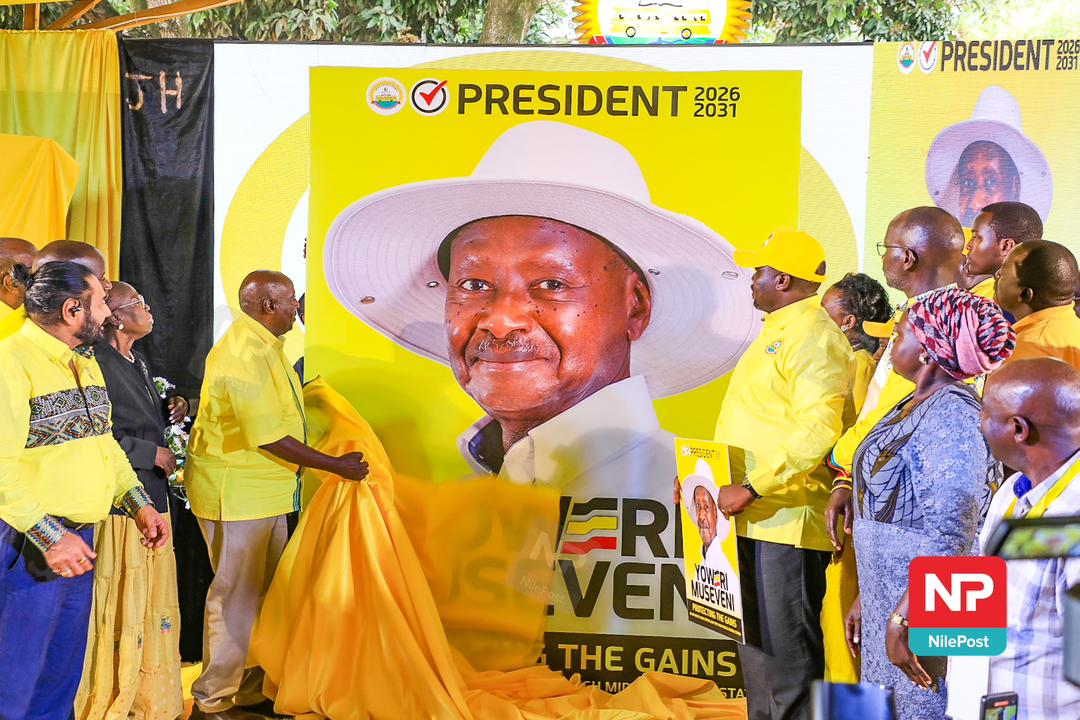
The 2016 elections again saw Museveni and Besigye go head-to-head, with Museveni emphasizing national unity and economic transformation, including investments in roads, education, and healthcare.
The 2021 elections were particularly notable, with Robert Kyagulanyi Ssentamu, popularly known as Bobi Wine, emerging as a formidable young opposition leader.
Museveni retained the presidency, highlighting his achievements in governance, security, and development, even as calls for political reforms and youth inclusion grew louder across the country.
Over the decades, Museveni’s political ideals have revolved around stability, decentralization, economic modernization, and the consolidation of state institutions.
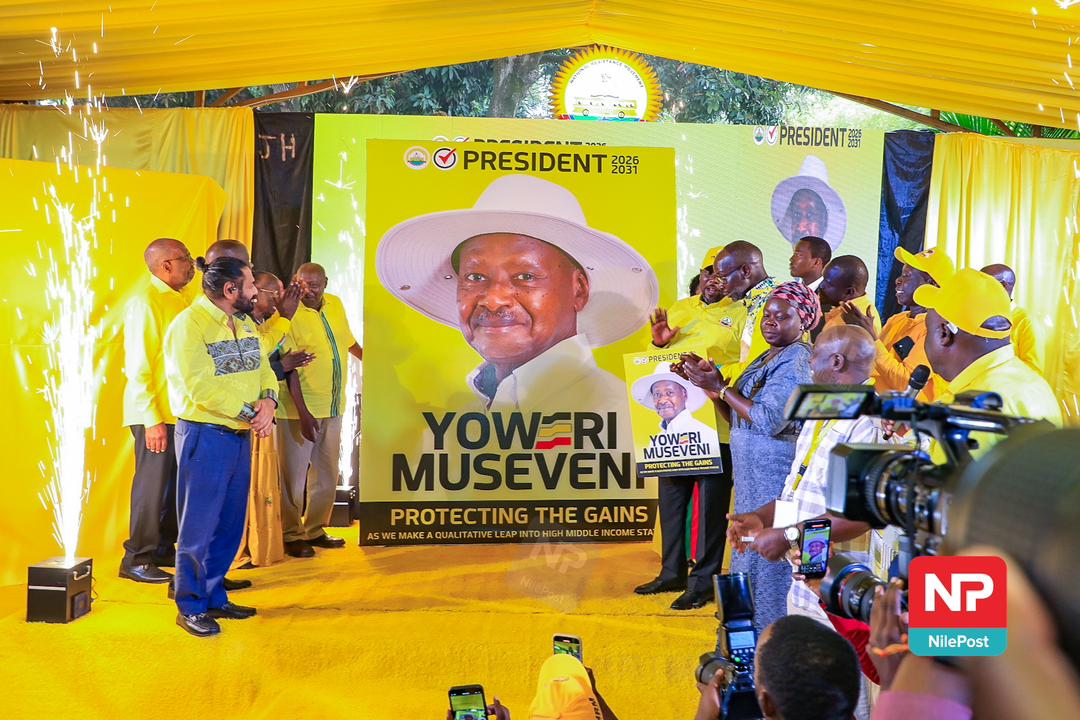
Advocating for an “active citizenry,” Museveni has consistently championed policies intended to strengthen local governance, improve social services, and enhance Uganda’s standing regionally and globally. Critics, however, have often pointed to concerns about political freedoms, term extensions, and the dominance of the NRM in state affairs.
As the 2026 campaign officially begins, the NRM remains united behind Museveni. Party leaders like Al-Hajj Moses Kigongo and Richard Todwong have reiterated their commitment to the party’s vision of continuity, stability, and development, presenting Museveni’s candidacy as a testament to experience and proven leadership.
The official campaign portrait, launched alongside party messaging, is designed to rally support among both long-time NRM followers and new voters seeking continuity in national leadership.
With the election still a year away, Uganda is poised for another spirited contest, as opposition parties and new political movements prepare to challenge a leader whose career spans nearly half a century—from a scrawny DP aspirant in 1980 to a seasoned president seeking his next mandate.
